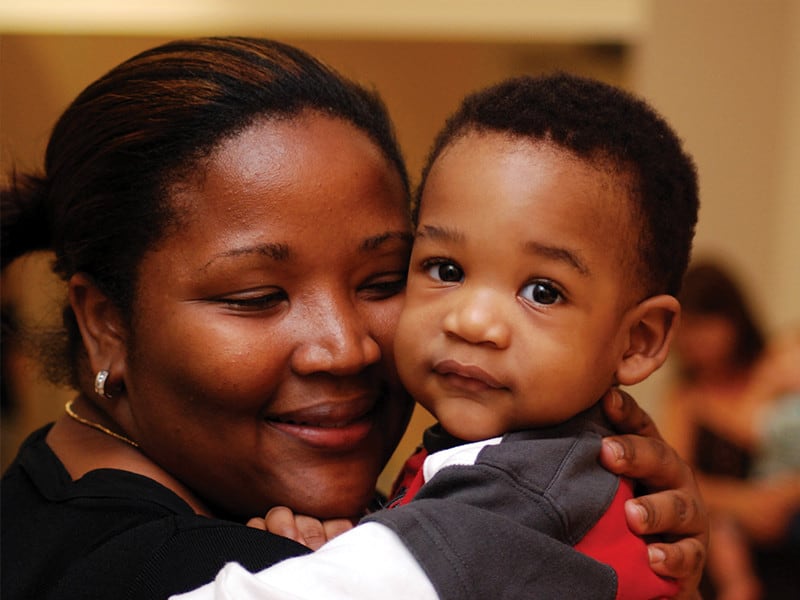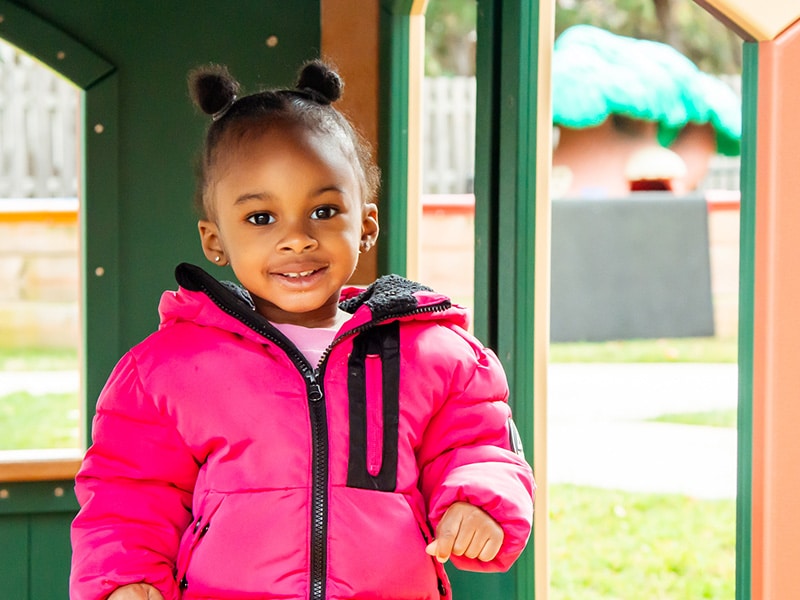How parents and caregivers speak to children significantly affects their I.Q., literacy, and academic success later in life, according to University of Kansas child psychologists Betty Hart and Todd Risley.
Hart and Risley found that the number of words and encouragements and the breadth of vocabulary heard by a child during the first three years of life can dramatically affect language development and I.Q. Their study was informed by close observations of 42 1- and 2-year olds and their families for more than two years.
From those observations, the researchers estimated children in professional families hear approximately 11 million words per year; while children in working class families hear approximately 6 million, and children in families receiving public assistance hear approximately 3 million words annually.
For more information on the study, read: Hart, B. & Risley, T.R. (1995). Meaningful Differences in the Everyday Experience of Young American Children.


